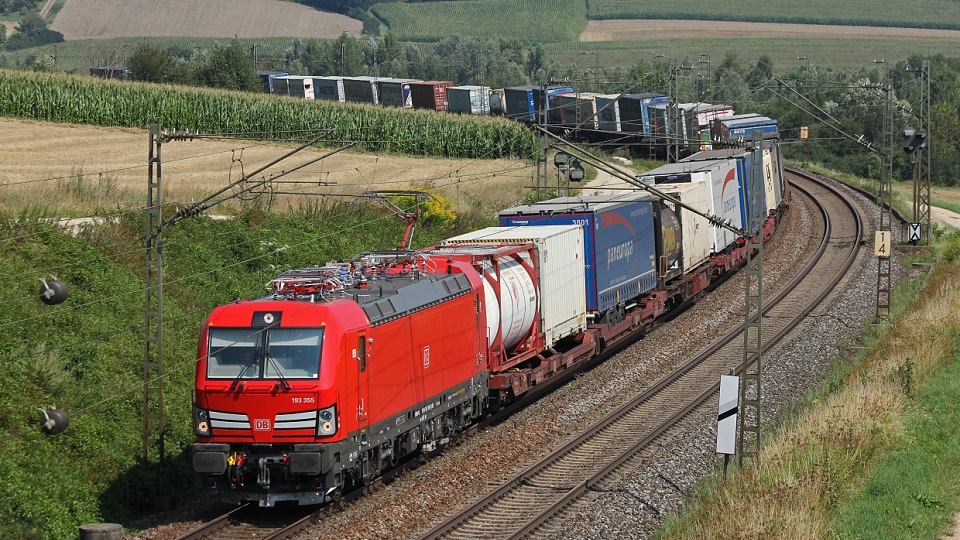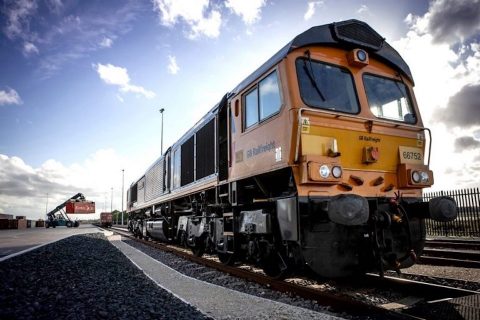New Bayern-Shuttle shows the way to sustainable transportation

Running between the Voestalpine steel company’s industrial site at Linz, Austria, and Lower and Upper Bavaria, the Bayern-Shuttle constitutes an example of how rail freight could change the future of European transportation. The service is the product of cooperation between DB Cargo AG and CargoServ, which share the travelled kilometres in Austria and Germany. It transports more than half a million tonnes of cargo by rail while saving almost 8,000 tonnes of CO2 emissions per year, compared to road haulage.
Do you want to read the full article?
Thank you for visiting RailFreight.com. Become a member of RailFreight Premium and get full access to all our premium content.
Are you already a member?
Having problems logging in? Call +31(0)10 280 1000 or send an email to customerdesk@promedia.nl.




